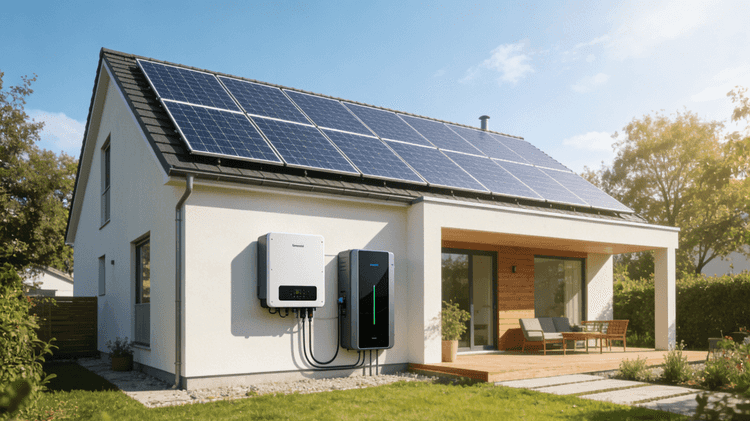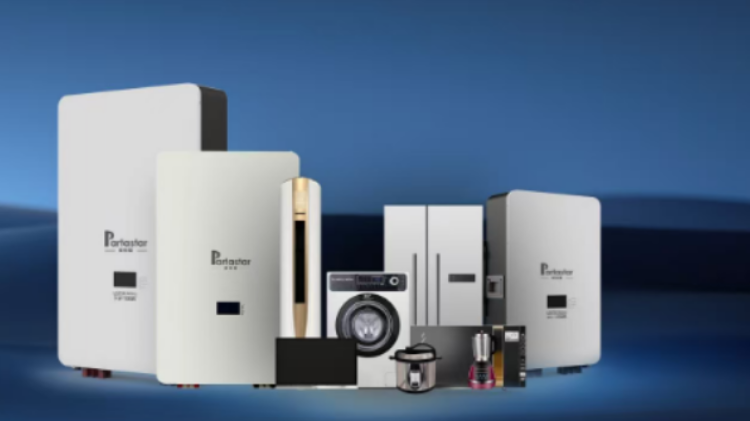Portable generators and portable inverters are both popular options for providing power in situations where grid power is not available. While they may seem similar, they have some significant differences that impact their performance, fuel consumption, and noise levels. In this article, we'll explore the differences between portable generators and portable inverters, and help you choose the best option for your needs.
What is a Portable Generator?
A portable generator is a device that converts mechanical energy into electrical energy. It typically consists of an engine, alternator, and fuel tank. The engine drives the alternator, which produces electricity. Portable generators are often used for backup power during power outages, camping trips, and outdoor events.
Portable generators are available in different sizes, and their power output is measured in watts. They can be powered by different types of fuel, including gasoline, diesel, propane, and natural gas. Portable generators are typically more powerful than portable inverters and can provide a higher wattage output.

What is a Portable Inverter?
A portable inverter, on the other hand, is a type of generator that uses advanced electronics to produce high-quality, stable power. Portable inverters use a microprocessor to control the output voltage and frequency, which results in a clean and stable power supply.
Unlike conventional generators, portable inverters are designed to be more fuel-efficient, quieter, and portable. They are ideal for powering sensitive electronics, such as laptops, smartphones, and TVs, as they produce a pure sine wave that is similar to grid power.
Differences Between Portable Generators and Portable Inverters
1. Power Output
One of the main differences between portable generators and portable inverters is their power output. Portable generators are typically more powerful and can provide a higher wattage output than portable inverters. This makes them ideal for powering large appliances, such as refrigerators, air conditioners, and power tools.
Portable inverters, on the other hand, are designed to provide a stable power supply for sensitive electronics, such as laptops, smartphones, and TVs. They are not suitable for powering large appliances or power tools as they have a lower wattage output.
2. Fuel Efficiency
Another significant difference between portable generators and portable inverters is their fuel efficiency. Portable inverters are designed to be more fuel-efficient than conventional generators, as they use advanced electronics to adjust the engine speed to the required load.
Portable generators, on the other hand, are designed to provide a consistent power output, regardless of the load. This means that they may consume more fuel than portable inverters, especially when running at lower loads.
3. Noise Level
Portable inverters are typically quieter than portable generators, as they use advanced electronics to control the engine speed. This results in a more consistent and quieter operation, which is ideal for camping trips or outdoor events where noise levels are a concern.
Portable generators, on the other hand, may produce more noise, especially at high loads. However, some manufacturers have started to produce quieter models with advanced sound insulation and mufflers.
4. Cost
Portable inverters are typically more expensive than portable generators, as they use advanced electronics to produce stable power. They are also more fuel-efficient, which can result in long-term cost savings.
Portable generators, on the other hand, are typically less expensive than portable inverters, as they use a simpler design and do not require advanced electronics. However, they may consume more fuel and require more maintenance than portable inverters.
Conclusion
In conclusion, portable generators and portable inverters are both popular options for providing power in situations where grid power is not available. While they may seem similar, they have some significant differences that impact their performance, fuel consumption, and noise levels.
Portable generators are typically more powerful and can provide a higher wattage output, making them ideal for powering large appliances and power tools. Portable inverters, on the other hand, are designed to provide a stable power supply for sensitive electronics, such as laptops, smartphones, and TVs. They are also more fuel-efficient and quieter than portable generators, but they are typically more expensive.
When choosing between a portable generator and a portable inverter, you need to consider your power needs, fuel consumption, noise levels, and budget. By understanding the differences between these two options, you can choose the best one for your needs and ensure that you have reliable power when you need it the most.



